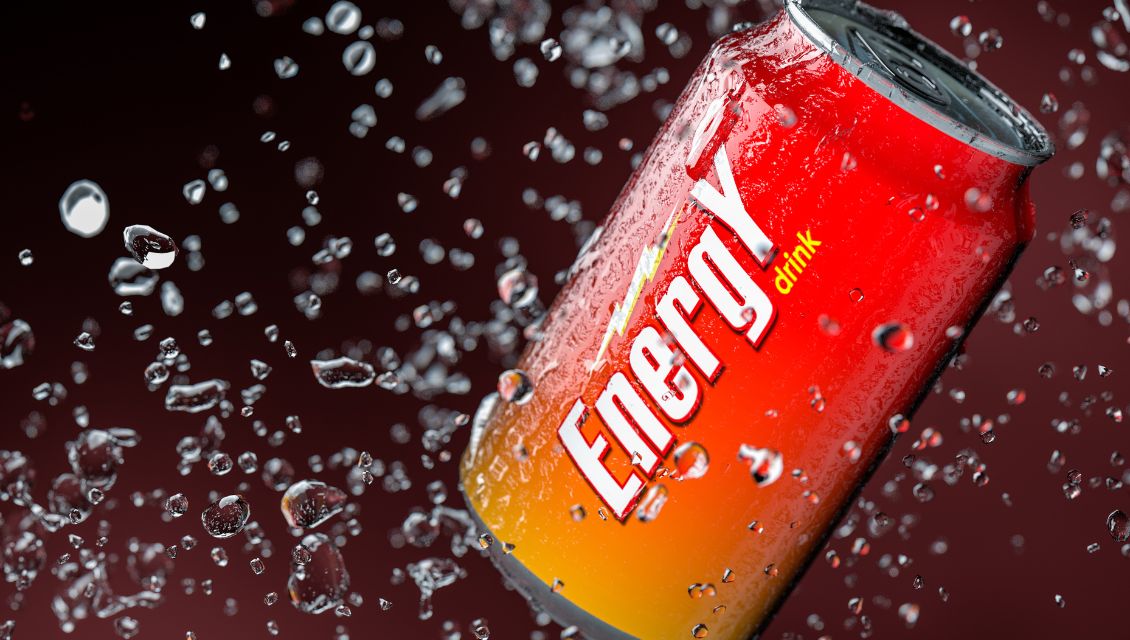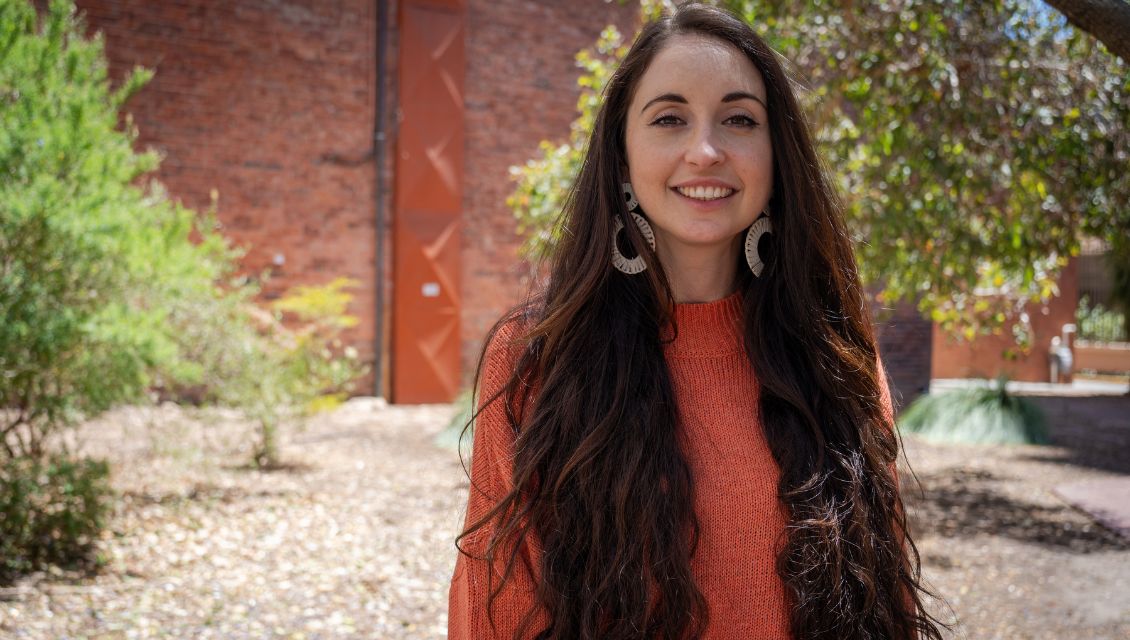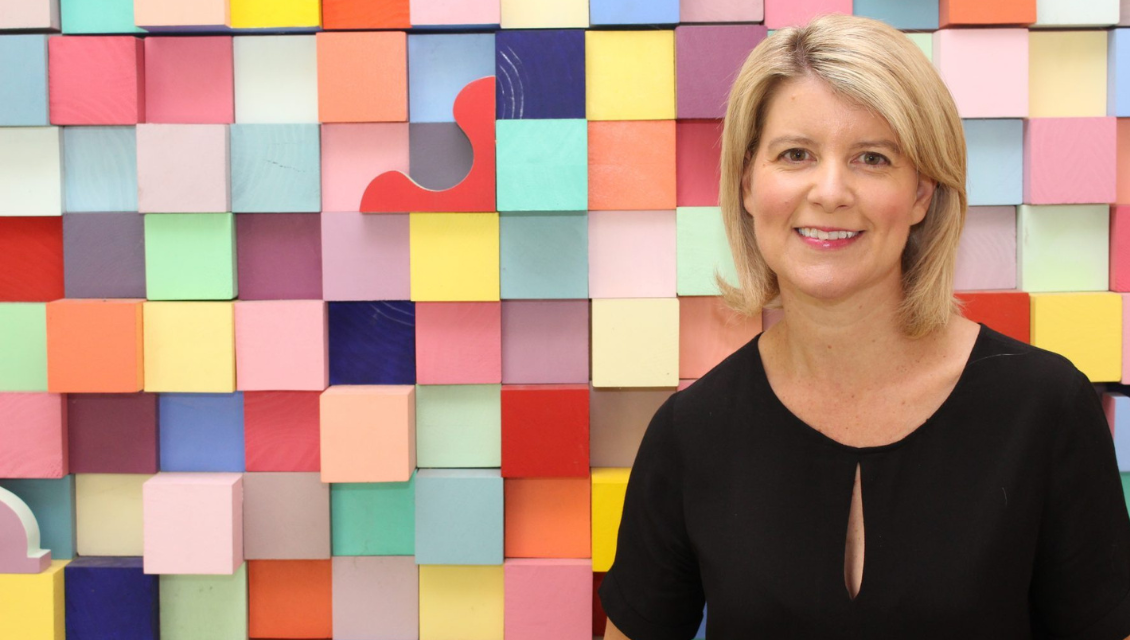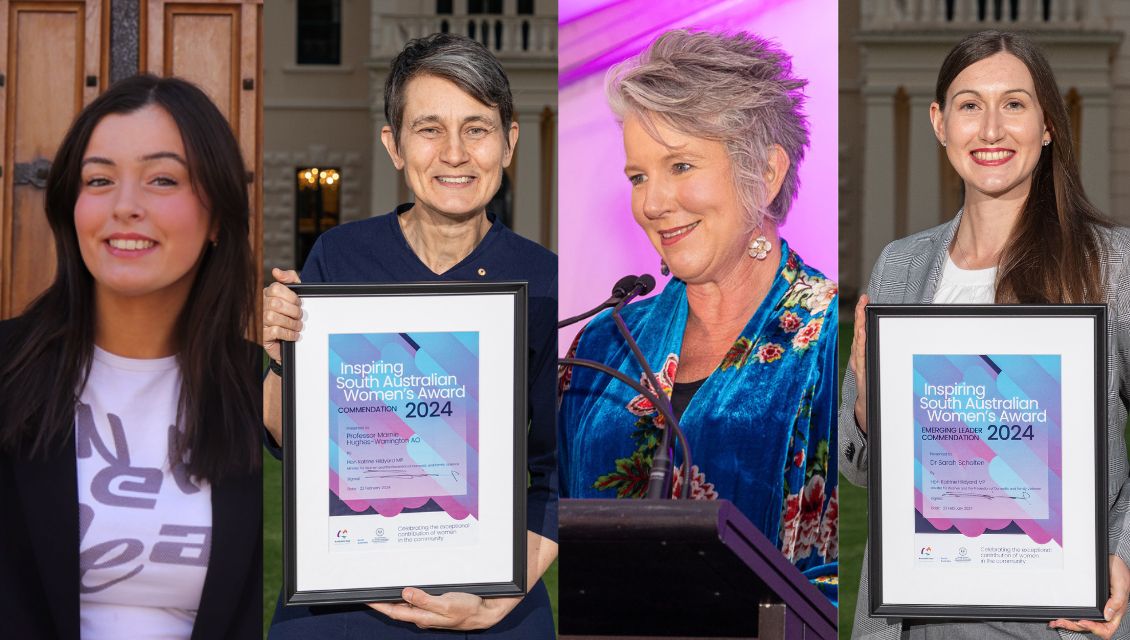
SA Health officials discovered a number of drinks with concerning amounts of caffeine, with one brand called G Fuel Tetris Blast containing an incredible 300mg of caffeine in each 473ml can.
That’s nearly twice the amount of the stimulant allowed under the national food standards and the equivalent of three shots of coffee or nine cans of Coca-Cola.
Other energy drinks found that exceeded regulations included one labelled C4 Performance Energy and another called Ghost Energy Drink, both containing 200mg of caffeine per 473ml can.
SA Health officials are working to educate local retailers and have issued notices to businesses selling non-compliant energy drinks. Interstate health departments have also been notified.
SA Health’s Executive Director, Health Protection and Regulation Chris Lease warned retailers that some energy drinks imported from overseas might look very similar to products that meet the Australian standards.
“Where non-compliant products are found for sale, appropriate action will be taken,” Dr Lease said.
“We are also in contact with our interstate counterparts to follow up with suppliers and national retail chains to make sure any products they offer for sale comply.
“For students, building healthy mental wellbeing activities into your everyday means that you can be better prepared to deal with the stresses and strains that end of year exams and assignments bring, without the need to rely on energy drinks to keep you alert.”
The excessive consumption of caffeine can cause insomnia, anxiety and depression as well as cardiovascular problems, heartburn, ulcers, seizures and in rare cases even death.
For healthy adults, a daily total of 400mg and a maximum of 200mg in a single serving is generally considered safe, while people who are pregnant or breastfeeding should not exceed 200mg a day.
Woodville High School Principal Anna Mirasgentis said the school worked closely with its Year 12 students to ensure they managed their last few weeks of study in a “safe and productive way”.
“There are many positive ways to deal with stress and time pressures throughout this time, but we do not recommend energy drinks as one of them,” Ms Mirasgentis said.
“Instead, we recommend students get a good night’s sleep, have a study plan in place, have regular brain breaks, undertake regular exercise and that they reach out if they need additional support.”






